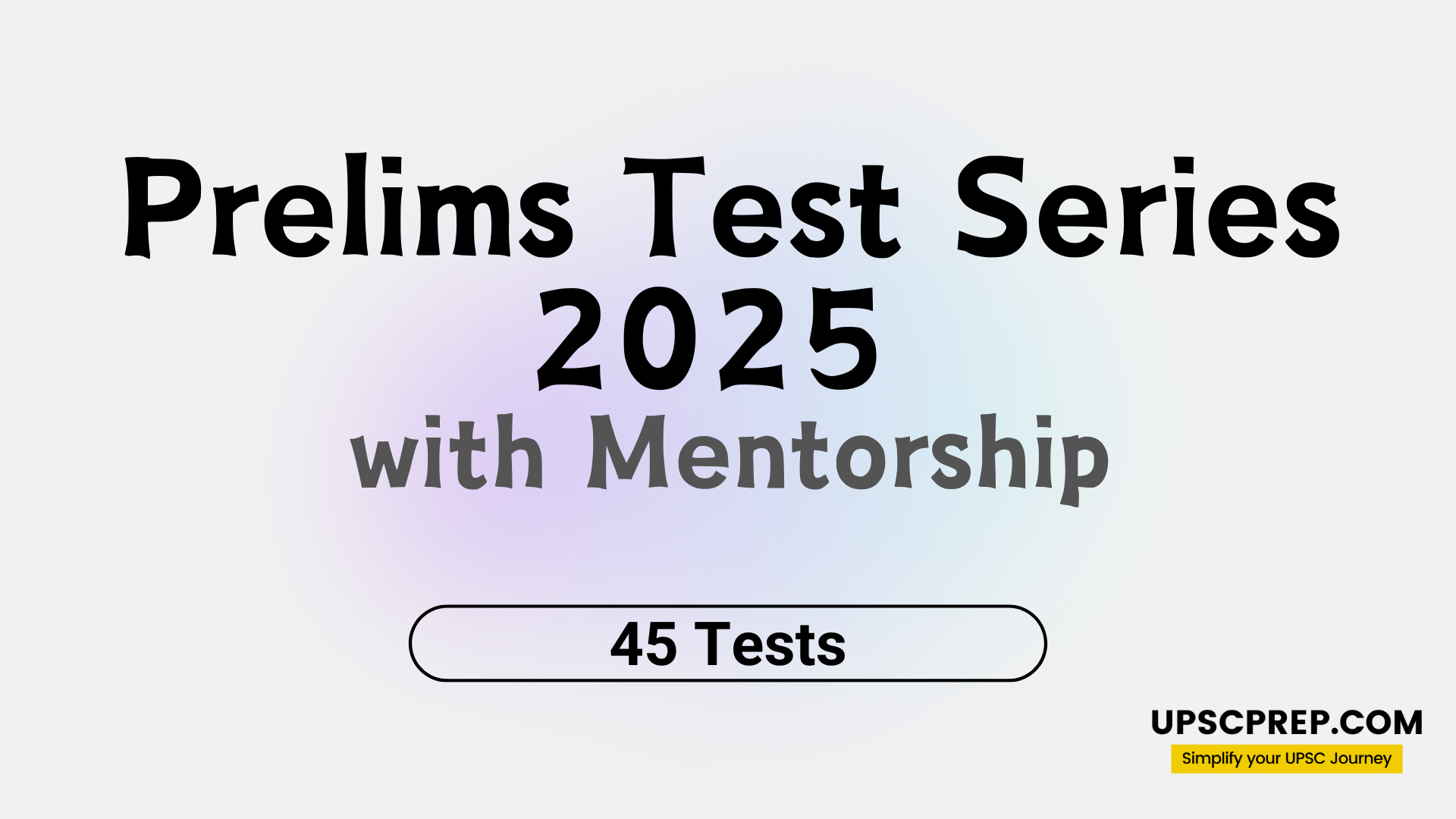Subject: GS 2
Syllabus: International Relations
Questions
- Post covid-19 pandemic, India upscaled vaccine production and began vaccine diplomacy. Explain how it has supplemented India’s foreign policy and highlight the challenges associated. (150 words, 10 marks)
- Analyse, with illustrations, the significance of the Indian diaspora in extending the soft power of the country. (150 words, 10 marks)
Download Model Structures PDF
Model Structures
Q1. Post covid-19 pandemic, India upscaled vaccine production and began vaccine diplomacy. Explain how it has supplemented India’s foreign policy and highlight the challenges associated.
(150 Words) 10
Introduction:
- After achieving sufficiency in vaccine production, India (pharmacy of the world) started sending vaccines to its neighbours and less capable countries to contain the pandemic under Vaccine Maitri.
Main body:
- When the World Health Organisation (WHO) declared covid-19 as a Public Health Emergency of International Concern, the vaccine was touted as the single and only antidote to the pandemic. India took the initiative and developed vaccines like Covishield, Covaxin, and Zydus Cadila vaccine.
- Vaccine diplomacy is a subset of global health diplomacy. Earlier, India's efforts in providing RT-PCR assistance in the African AIDS outbreak can be said as part of vaccine diplomacy. It can supplement India’s foreign policy by-
- Strengthening India’s soft power and reducing vaccine inequality in developing and underdeveloped countries.
- Negating the emergence of vaccine nationalism by developed countries.
- India started with its immediate neighbourhood to further its global relations.
- Such gestures will help negate big brother perception and bridge gaps and trust deficits.
- India has an advantage in vaccine production due to large manufacturing, fewer side effects and a huge supply of generic medicines.
- Challenges in vaccine diplomacy-
- Developed nations have 16% of the population but reserve 60% of the global vaccine supply thus fostering inequality.
- Issues in supply chain integration and cold chain technology issues.
- China is a major supplier of active pharmaceutical ingredients to India.
- Religious and cultural barriers in vaccine acceptance.
- India needs above one billion doses to protect its own population. Balancing this with vaccine diplomacy is a roadblock.
Conclusion:
- Present situation provides an apt opportunity to serve humanity and strengthen its strategic interests. This can materialize through supply chain integration (GAVI and eVIN network) and creating awareness of the importance of vaccines, especially in African countries.
Q2. Analyse, with illustrations, the significance of the Indian diaspora in extending the soft power of the country. (150 words) 10
Introduction:
- Indian diaspora – the biggest in the world at 18 million - is an important part of the societies in host countries around the world, from the UK to Mauritius and the USA to Japan. OR
- Diaspora refers to a large group of people who share a cultural and regional origin but are living away from their traditional homeland.
Main Body:
Significance of Indian Diaspora
- Diaspora has helped in the export of India’s cultural products like Indian cuisines, Indian movies, Yoga etc.
- For example, the Popularity of chicken tikka masala in the UK, Bollywood in the USA and Tamil movies in Malaysia.
- Indian diaspora helps to influence host countries’ foreign policy vis-a-vis India.
- E.g., the Indian diaspora successfully lobbied for the India-USA Civil Nuclear Agreement in the USA.
- Indian diaspora has deepened the connection between host countries and India through the creation of economic interdependencies.
- For example, the migration of less-skilled labour to West Asia has helped build infrastructure in host countries while bringing down disguised unemployment in India.
- The old Indian diaspora is a source of cultural connections between India and small island countries across the Indo-Pacific and beyond.
- E.g., in countries like Fiji, Mauritius, Seychelles, Guyana etc.
- The diversity of the Indian diaspora reflects the plurality at home, projecting India as a peaceful and plural society.
- E.g., Indian-origin Sikh, Hindu and Christian as defence minister in Canada (Harjit Sajjan), Prime minister in the UK (Rishi Sunak) and Prime minister in Ireland (Leo Varadkar), respectively.
- Indians, as CEOs, doctors, and law-abiding citizens in other countries, promote positive stereotypes about Indians as they act as India’s cultural ambassadors.
However, there are certain limitations of diaspora as a source of soft power, such as:
- The vulnerability of diaspora in Gulf countries due to poor and unregulated service conditions and lack of citizenship requires a protective role from the Indian state.
- The internal politics of the host countries can undermine the potential of the Indian diaspora as a source of soft power.
- E.g., the reversal of globalisation and the rise of anti-migrant politics in Western countries, such as the issue of H1-B visas in the USA.
- Indian diaspora has been used as an instrument to undercut India’s soft power as well.
- For example, the politics in Canada around farmers’ protests in India or Punjab Referendum 2020 in the UK.
Conclusion:
- Diaspora’s contributions to India’s soft power can help the country build robust international relations and project its influence worldwide.
- India’s soft power can also help the diaspora, as seen in the rescue of Indian students during the Ukraine crisis. Given their prominent role, interests and well-being of the diaspora should be of special concern to India.

